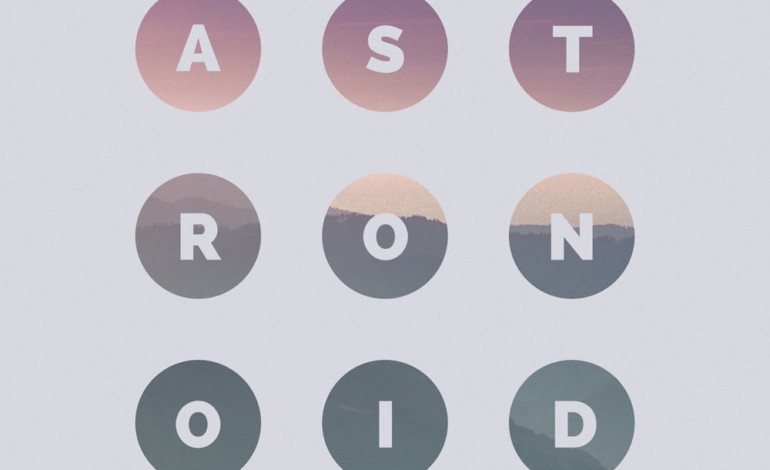

Like an okay spacey dream
Somewhere between the progressive, mathy tendencies of Bring Me the Horizon (with a similar vocal knack, to boot) and the dreamy, mind-captivation of Alcest, lies Massachusetts act Astronoid. They’re definitely metal-gazey but not in the grating Deafheaven sense. For them, heaviness doesn’t come as a harsh kick in the eardrum per se, but from a perfected instrumental ability to transport you into a spacy, near-catatonic daze. It’s something they set into motion with their highly touted—at least, in some circles—debut record Air, and it’s one they’re continuing with their self-titled sophomore record.
The album certainly continues on in Astronoid’s ability to hypnotize. In saying that, no one wants to be out for that long, and in that trance, there are things that go overlooked. Being in that wistful state is nice for a bit but eventually, you want to wake up.
The record’s knockout starts with “A New Color” which, funnily enough, doesn’t even dip a toe in the metal pool. It splashes around in pop-punk waters, with slightly exaggerated riffs that teeter on prog. Embellished riffs become amplified blast beats on “I Dream in Lines.” The following track, “Lost,” is where the zone out is initiated. Beginning with a buildup of post-rock tendencies, “Lost” hits an instrumental plateau that dwindles in power from there. If the song stopped around three or so minutes, it would’ve kept its power.
“Fault” is a notably strong track, particularly because of its vocal delivery. Singer Brett Boland has a piercing pitch as he touches on some of the deepest lyrics on the record: “I can sit through the darkness / You’re counting on us / But we can’t save you all.” There’s a point in those words, but it’s hard to let them ruminate once “Breathe” starts. The lyrical repetition here is simplistic and detracts from what “Fault” established. Little bits like this aren’t as notable on the first zoned out listen, but multiple run-throughs call out things you may have slept on before.
That’s not to say that Astronoid’s second album is terrible, though. Their musicianship is skilled and apparent, and it’s hard to deny they’re coming into their own sound as a band. It might be beneficial to them to not try to replicate what they’ve done before—something it seems they attempted but didn’t quite reach—and focus on zeroing in on their best qualities. Vocality and instrumentation for sure, but smaller doses of focus instead of head-hitting blows.
